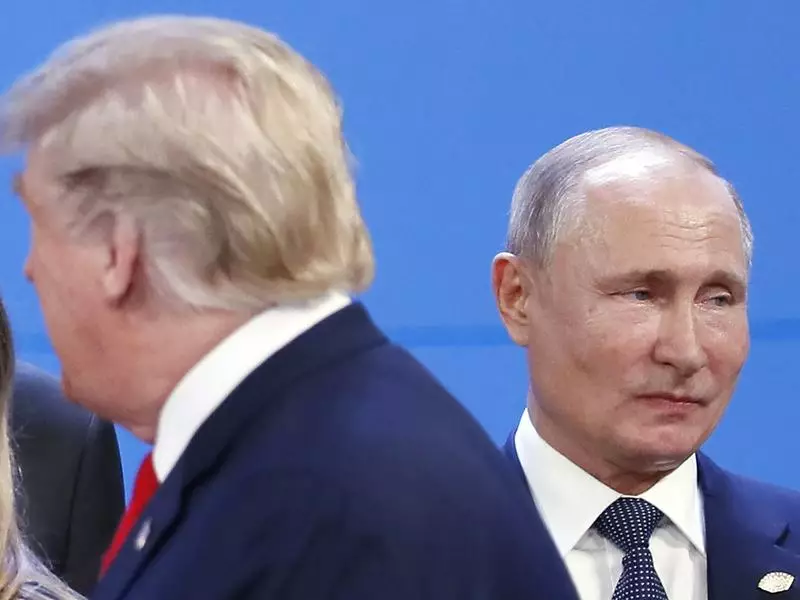Ukraine's Foreign Minister Andrii Sybiha declared that Russia's rhetoric intensified to 2022 levels as it tries to exploit the current geopolitical climate.
This comes as the US under President Trump works on brokering a peace agreement between Ukraine and Russia by facilitating negotiations.
Recent agreements reached in Saudi Arabia included partial ceasefires, such as halting attacks on energy infrastructure and maritime operations, but these are seen as minor steps rather than comprehensive solutions.
Russia demands that Ukraine renounces NATO membership and recognizes Russian claims to occupied Donetsk, Luhansk, Zaporizhzhia, and Kherson oblasts and Crimea.
Initial negotiations took place in Belarus and Türkiye in 2022 but were unsuccessful due to disagreements over security guarantees and territorial issues.
The Institute for the Study of War (ISW) concluded that any peace agreement modeled on the 2022 Istanbul protocols would equate to Ukraine's capitulation to Russia's strategic objectives.
In March 2022, draft accords proposed that Ukraine renounce its NATO ambitions and adopt a neutral, non-nuclear status. In return, Ukraine would receive security guarantees from the United States, Russia, China, Britain, and France. However, disagreements arose over Russia's demands, including a veto over actions by guarantor states and significant reductions in Ukraine's military capabilities.
Ukrainian President Volodymyr Zelenskyy dismissed these terms as unacceptable, equating them to a surrender.
According to Ukraine's foreign minister, Moscow's current demands also include limiting Ukraine's armed forces, restricting its defense capabilities, reducing military assistance from international partners, and preventing Ukraine's NATO membership.
He emphasized that Kyiv would not accept Russian demands aimed at weakening Ukraine's military capabilities and international alliances.
The foreign minister argued that Russia's ultimate goal is to position itself to destroy the Ukrainian state in the future, allowing for territorial occupation, seizure of mineral resources, and utilization of Ukraine's human potential for further aggressive actions.
In response to these perceived threats, Sybiha emphasized that Ukraine requires "reliable and long-term" security guarantees.
"Russia is trying to take advantage of the current geopolitical moment. We see this Russian strategy and will never accept anything that leaves Ukraine weak or defenseless," he stated.
The ISW cautioned that accepting Putin's conditions would set a precedent suggesting Ukraine's territorial integrity is negotiable, which could enable the Kremlin to push for additional territorial concessions and challenge Ukrainian statehood itself.
Recently, Russian President Vladimir Putin proposed establishing a temporary UN administration in Ukraine to oversee presidential elections before any peace agreement would be concluded.
This temporary administration would also include participation from the US, European countries, and Russia to facilitate "democratic elections" and establish a government capable of engaging in peace negotiations. Meanwhile, Putin himself has remained in power for over 20 years, and the elections in Russia are criticized for being staged and lacking opposition due to political repressions.
Ukrainian officials have strongly rejected Putin's proposal. President Zelenskyy dismissed it as a tactic to delay peace efforts and undermine Ukraine's sovereignty. He emphasized that Ukraine's leadership is legitimate, having been democratically elected, and criticized Putin's call as an attempt to avoid ending the war.
Read also
-
“One year is all Putin needs.” Russia may mobilize huge army again after Ukraine peace deal, Dutch intel warns
-
How Putin’s reality-twisting machine grooms Russians for 161,000 war crimes in Ukraine
-
Putin wants all of Ukraine – the territory dispute is a Western fantasy, Danish expert reveals
-
“First they shell, then they hunt”: Russia’s savage new civilian terror strategy debuts in Kherson

